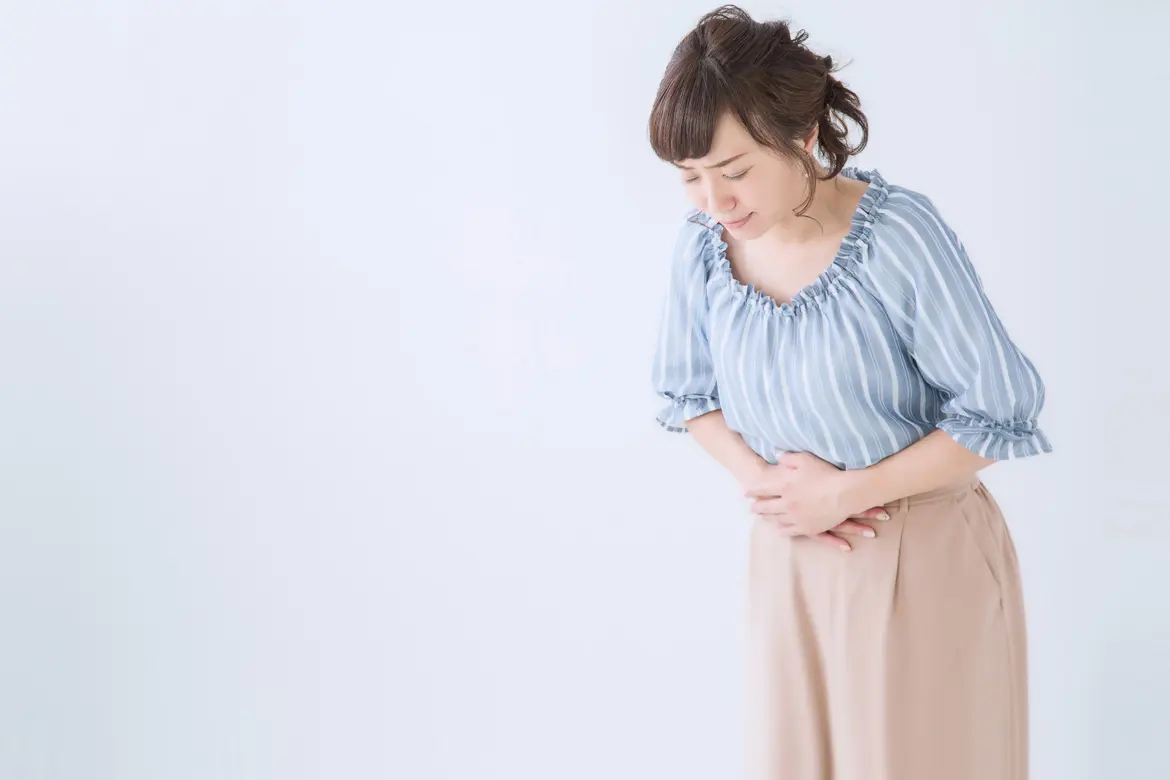Dr Lee Piao Jarrod
Gastroenterologist


Source: Shutterstock
Gastroenterologist
Diarrhoea is the passing of loose and watery stools, or an increase in one's frequency of bowel movements.
Acute diarrhoea is a common condition that is usually due to infection, and usually resolves on its own after a few days. Common infections include viruses such as norovirus and rotavirus, and bacteria such as E coli.
Chronic diarrhoea is diarrhoea that lasts beyond 4 weeks, and usually requires active management to resolve. Although it can also be due to infections, it may be caused by a variety of chronic conditions including:
These may include:
Persistent or chronic diarrhoea can be dangerous, leading to dehydration, electrolyte imbalance or, in extreme situations, kidney failure.
You should see a doctor if you notice the following signs and symptoms:
Infections are the most common cause of diarrhoea. To prevent the spread of infections that cause diarrhoea, you should always maintain good general hygiene. This includes traveller's diarrhoea, which affects people who travel to countries where there is inadequate sanitation and hygiene.
Handwashing is one of the most effective ways of preventing the spread of viruses and bacteria that can cause diarrhoea. Practise adequate handwashing with the following steps:
Food and water hygiene is crucial. Practise the following to reduce your risk of infectious diarrhoea, particularly if you are overseas in developing countries:
Mild diarrhoea usually resolves on its own in a few days without medications. Several remedies are available if you need to speed up recovery. These may include:
Antidiarrhoeal medications such as loperamide (imodium), lomotil and bismuth help to slow down the intestinal movements or decrease intestinal secretions. This slows down the speed that intestinal contents are passed, helps more water to be absorbed from the intestines, and secretes less fluid. This may help make the stool more solid and less frequent.
Antibiotics may be recommended for severe diarrhoea and if a specific type of bacteria has been identified as the cause of the diarrhoea.
Probiotics are good bacteria that may help to stop diarrhoea by restoring the balance of bacteria in your gut.
Staying hydrated when you have diarrhoea is important as your body is losing water. Consume plenty of fluids including water, oral rehydration solutions, broths, and sports drinks.
Diarrhoea can lead to dehydration, a condition that can occur when the body loses more water than it takes in, and your body doesn't have enough water or other fluids to carry out its normal function. Dehydration is particularly dangerous in infants and children, the elderly, and people with certain chronic medical conditions or weakened immune systems.
Most cases of diarrhoea clear up after a few days. However, if your diarrhoea is particularly persistent or severe, you should consult a gastroenterologist or go to the Urgent Care Centre immediately.